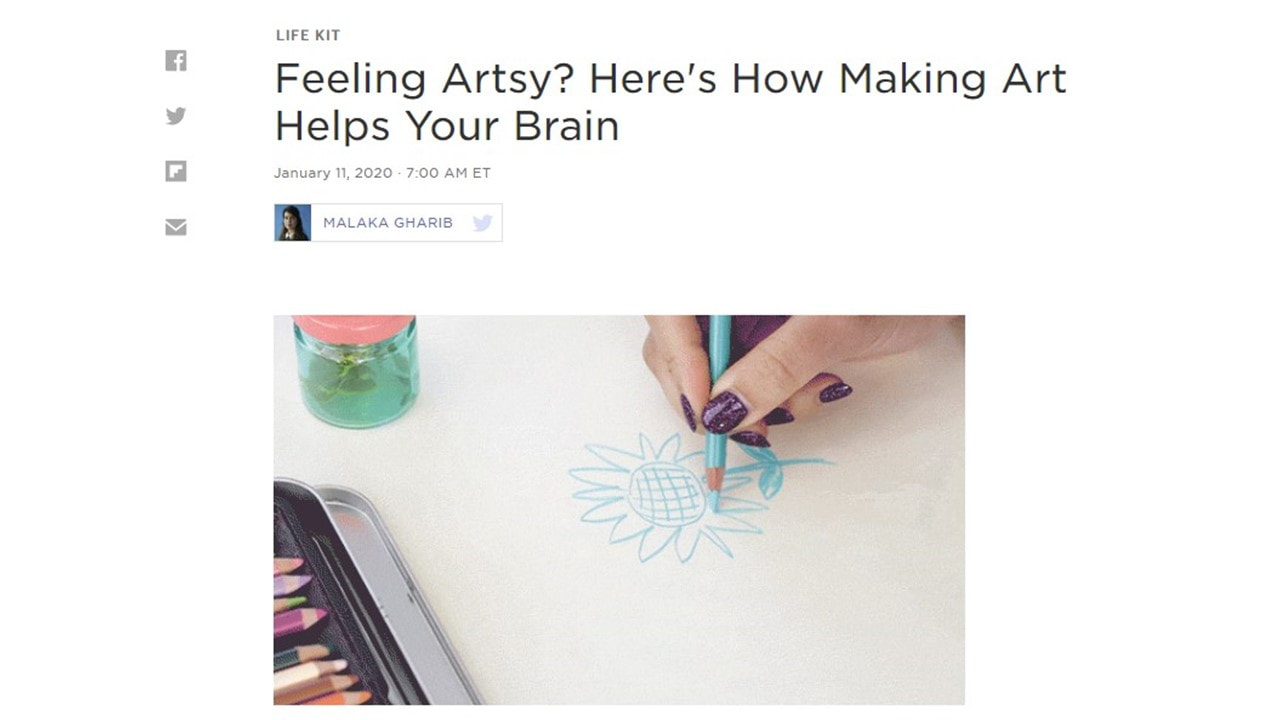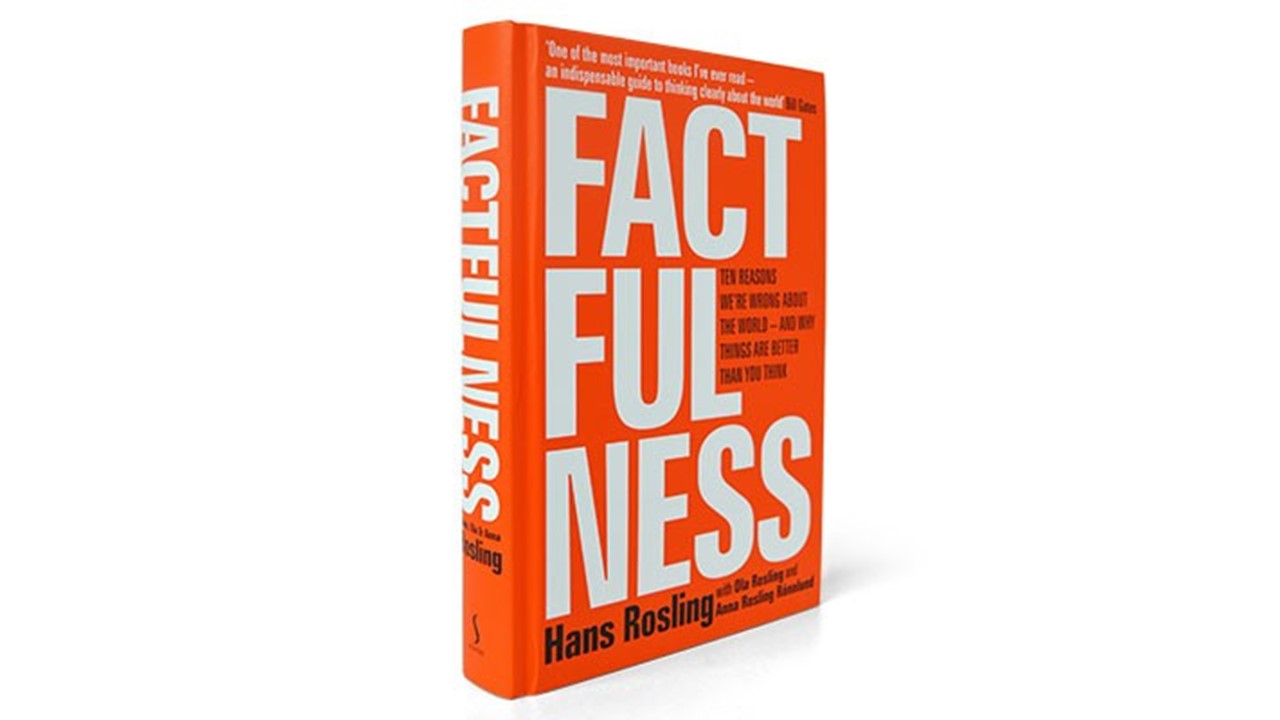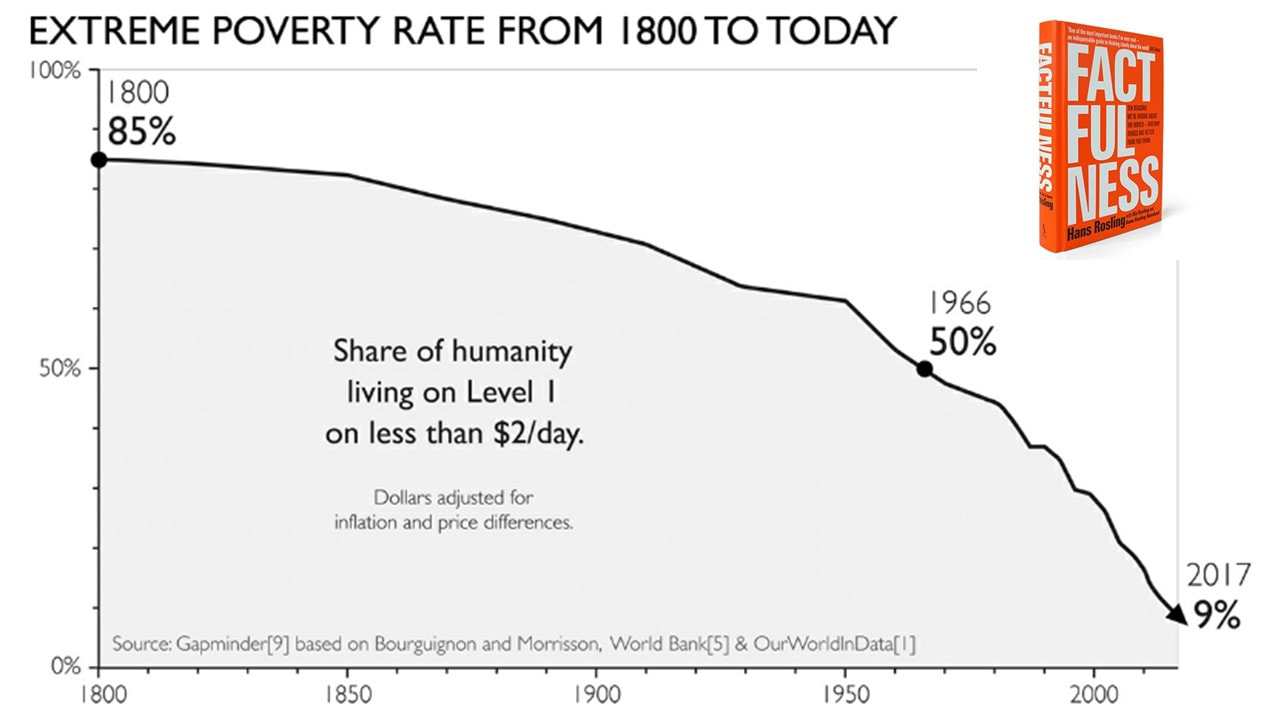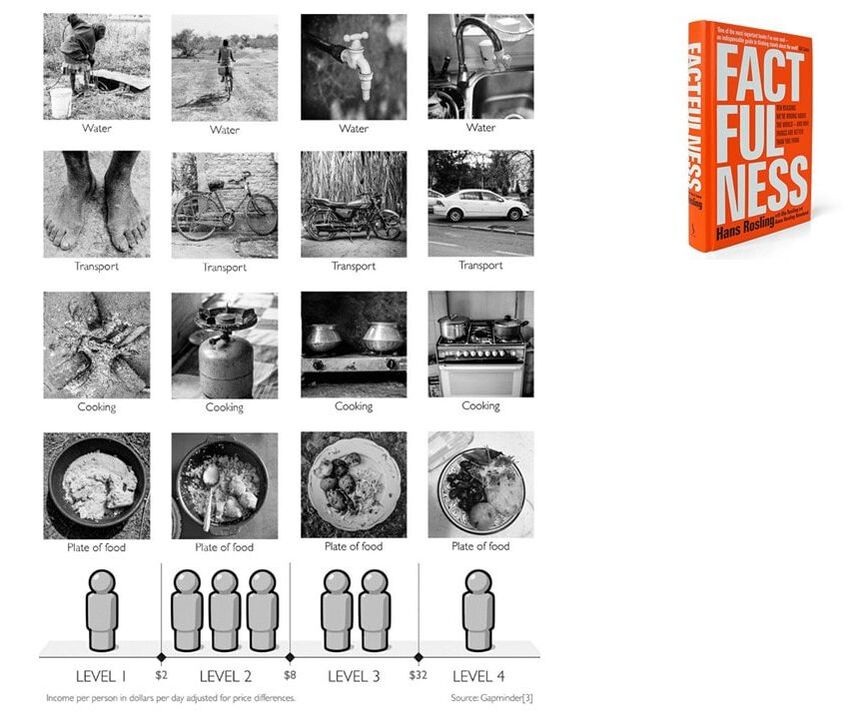Scott AndersonFlow. That’s the imprecise, yet perfect word that science uses to refer to what happens when you’re in the zone. Dr. Girija Kaimal explains it this way in a recent NPR piece: “It's that sense of losing yourself, losing all awareness. You're so in the moment and fully present that you forget all sense of time and space.”[i] Teresa Platin recommended the article for our fascinating Digging Deeper conversation last Tuesday. She invited us to reflect together about our experience with creativity in these uncertain and stressful times. Flow. We know the concept, I suspect. It’s not just artists that experience it. Athletes know it, and, writers, and the scientists who coined the phrase. We’ve all had those moments, I suspect, when we are so deeply engaged in something, when all our energy, when body, mind, and spirit are so devoted that we lose track of all time. We become one with the thing. Last Wednesday was a big day. I started Zoom calls at nine in the morning, and I finished at six with only a few moments in between, yet I wasn’t exhausted. At the end of the day I was exhilarated. I was filled with a sense of possibility that was pushing me forward. There was something going on. Conversations in which one thought sparked another. Individual curiosities being gathered together like ingredients for a fabulous feast. Ideas beginning to come together after a season of wondering. Clouds of unknowing through which the sun was breaking through. The meeting of minds and hearts for a season of life that has been so disorienting and yet so filled with possibility. Flow. As we take our communal temperature more than two months into this pandemic response, I’d like to think I’m noticing that, as a society, we are moving, gaining some new understanding and transformative awareness of what is broken and how we might fix it. We are as close as we’ve been in a long time toward a fundamental turn toward reform and well-being. It’s true when you look at indicators, like broad trends in poverty around the world, and particularly when you look at recent history. For example, Rosling reminds us that “Over the past twenty years, the proportion of the global population living in extreme poverty has halved.”[ii] Not only is this revolutionary, he asserts, but it reflects a dramatic reduction that continues a long global trend beginning with the industrial revolution. Income levels have consistently moved upward so that the access that people have to fresh water and easier means of transportation, and more convenient ways to cook a more abundant and healthful diet have improved dramatically over the years. When you measure, for example, life expectancy and income level over time, it is clear that it has substantially improved for all people and all regions of the world, as this video from Rosling’s online resource gapminder makes evident.[iii] Is now the time that you will restore the kingdom of Israel? Even now the disciples ask a political question of power and control. They might as well ask if now is the time God will make America great again? Or if now is the time God will put the democrats in power.
But the kingdom of God is not a territory with boundaries and leaders. It is instead about a quality of governance, a way of being together. A quality of life and mutual love that refuses to leave anyone out. It is not for you to know the time or the periods that God has set, Jesus tells his followers before he leaves them. We don’t get to know the when, or even the what. Our questions are about where and how. Where is our Jerusalem, our Judea, our Samaria? Where are we being sent to share this good news and to receive it. Where do we concentrate our efforts as faithful followers of the Spirit who is ahead of us? And how? How are we to bless and keep and celebrate now?—In this crucial and pivotal moment. William Sloan Coffin said “Church unity will not be found in agreement, but in unity of concern.” That’s worth restating. To be the church is not to be together in agreement, it is to be together in solidarity with one another and with the earth. It is to be one as God is one—in a common community of concern and belonging. In a dance of creativity with the whole of creation. Flow, perhaps. Or Convivencia. That’s the word that Church Council of Seattle director Michael Ramos keyed on as he presented on Friday the work of his doctoral thesis at Seattle University. He interviewed women from El Salvador who entrusted him with their experience in the US after fleeing violence in their own countries. They live torn from their families, constantly threatened by rhetoric and policies that refuse them any economic, emotional or legal certainty. Convivencia. It is the word they, taught him. Spanish for coexistence, but so much more. Life together. Celebration of a common humanity, particularly in the face of diminishment and oppression. Shared leadership. An equitable table and the possibility of new forms of community. They know it. It is time for us to learn. That’s what these texts are speaking of as we look toward its heights in the story of Pentecost next week. And its what I believe we are beginning to move toward in a new way as a result of our physical isolation from one another. In our absence, our eyes are opening to how much we need to be together, but in new and more durable forms. How the poorly structured and paper-thin margins in our health care systems, and the unequal work opportunities and the inequitable distribution of resources in our economy are simply too impoverished to help us endure even a few weeks of disruption. How, even as we share this experience together, our experience is anything but shared or equal. And yet, there is this flow, right now. This is, I believe, a moment for us—as a church, as a human family. This is a moment in which we might be able to see beyond our preferences to a common belonging in our churches and in our world. A moment in which we might be able to imagine a more robust governance than one that relies on consumption. A moment in which we might move beyond the fear that drives our culture of white supremacy to listen to sit at the feet of that one who can teach us a new language, and a new word. Convivencia. Salvation. Flow. Thanks be to God. Notes: [i] Malaka Gharib. “Feeling Artsy? Here’s How Making Art Helps Your Brain”. January 11, 2020, NPR.org. Retrieved on May 21, 2020 from: https://www.npr.org/sections/health-shots/2020/01/11/795010044/feeling-artsy-heres-how-making-art-helps-your-brain. [ii] Rosling, Hans. Factfulness: Ten Reasons We're Wrong About the World--and Why Things Are Better Than You Think (p. 6). Flatiron Books. Kindle Edition. [iii] See www.gapminder.org for many resources. The link to this video was retrieved on May 22, 2020 from https://www.gapminder.org/tools/#$state$time$value=2019;;&ui$presentation:true;&chart-type=bubbles.
0 Comments
Leave a Reply. |
St. Andrew SermonsCategories
All
|




 RSS Feed
RSS Feed